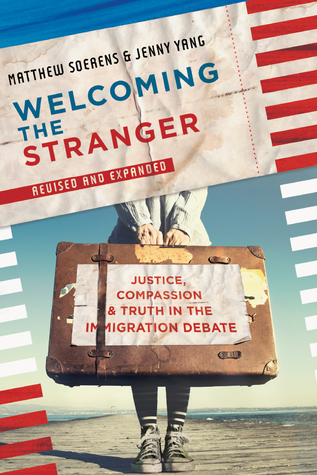A few brief excerpts from President Trump’s remarks at Mt. Rushmore on July 3, 2020
“…And yet, as we meet here tonight, there is a growing danger that threatens every blessing our ancestors fought so hard for, struggled, they bled to secure.
Our nation is witnessing a merciless campaign to wipe out our history, defame our heroes, erase our values, and indoctrinate our children.
Angry mobs are trying to tear down statues of our Founders, deface our most sacred memorials, and unleash a wave of violent crime in our cities. Many of these people have no idea why they are doing this, but some know exactly what they are doing. They think the American people are weak and soft and submissive. But no, the American people are strong and proud, and they will not allow our country, and all of its values, history, and culture, to be taken from them…”
“…No movement that seeks to dismantle these treasured American legacies can possibly have a love of America at its heart. Can’t have it. No person who remains quiet at the destruction of this resplendent heritage can possibly lead us to a better future.
The radical ideology attacking our country advances under the banner of social justice. But in truth, it would demolish both justice and society. It would transform justice into an instrument of division and vengeance, and it would turn our free and inclusive society into a place of repression, domination, and exclusion….”
You can find a transcript of the full speech here. It’s worth reading to understand the evolving rhetorical thrust for President Trump’s case for 4 more years of his presidency.
My Thoughts
I suspect that - apart from discussion about the national public health response to COVID-19 - this will be the dominating debate of 2020 (and probably beyond): how do we shape the narrative our national history, and what does that narrative say about our national/communal values?
To me, what’s striking about this whole speech is not necessarily what is included when Trump talks about the historic figures featured on Mt. Rushmore, but what isn’t included. I don’t believe that to raise concerns or demand caution when framing the legacy of our Founding Fathers constitutes weakness, indoctrination, or defamation.
If anything, our nation should own up to the worst things we’ve ever down - for doing so leads ultimately to redemption and restoration.
A Counterpoint to President Trump from Bryan Stevenson
“BROOKE GLADSTONE: You’ve said many times that ‘no person’ is the worst thing that they've ever done, and yet it seems that we as a country cannot get past the worst thing that we have ever done.
BRYAN STEVENSON: I don't think our nation believes that the genocide of Native people is the worst thing we've ever done or slavery is the worst thing we've ever done or lynching is the worst thing we’ve ever done or even segregation. I think we've actually created a narrative that those things weren't that bad. And not only do we not need to recover from that, we don't even need to be remorseful about that. There is no shame.
BROOKE GLADSTONE: But it is the worst thing we've ever done.
BRYAN STEVENSON: It is, in fact. And, and I want the nation to have the courage to own up to that, with the knowledge that if they own up to that they won't be condemned by it, that there is something on the other side of it, which is why we do this work. I represent a lot of people who’ve done terrible things and it’s in that context that I've come to understand that we are all more than the worst thing we’ve ever done. We are more than a country that perpetrated the genocide. We’re more than a slave society. We’re more than a lynching society. We’re more than a segregation society. But we cannot ignore that bad thing we did. And there is redemption waiting, there is recovery waiting, there is reconciliation waiting. There’s something that feels more like justice than what we have experienced in America. There is something better waiting for us, without this burden, this history of racial inequality holding us down. But we can't get there through silence, by pretending that the history doesn't exist. We’ve got to own up to it.”





